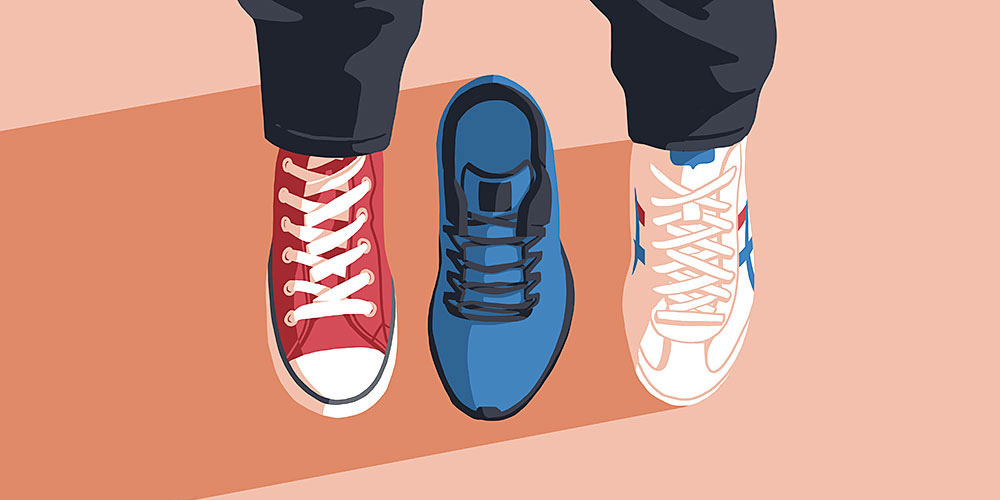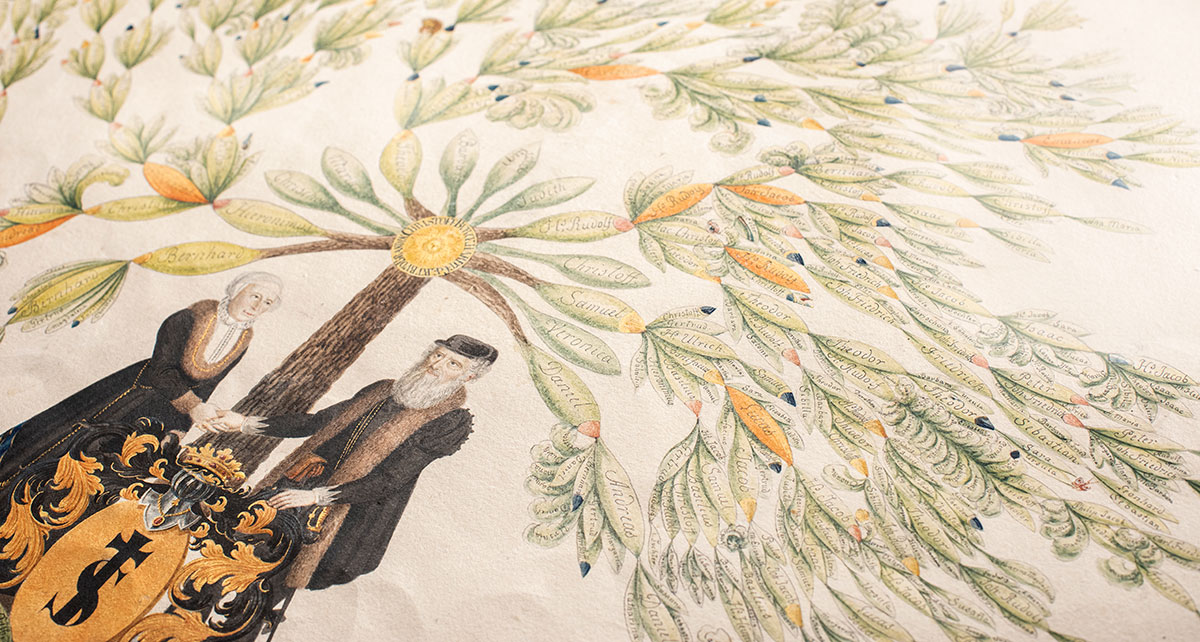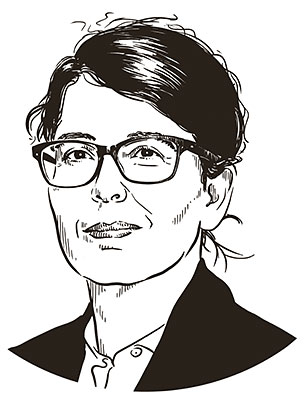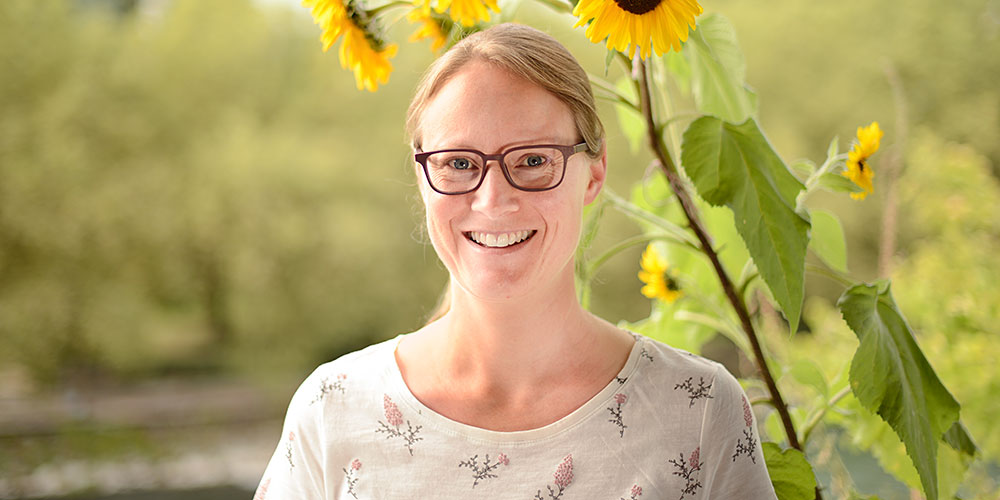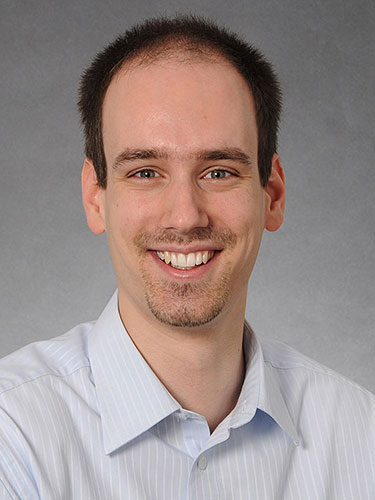How we make decisions.
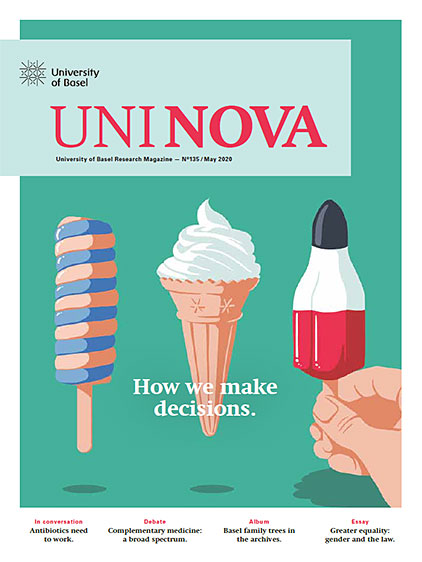 Download (PDF, 11 MB)
Download (PDF, 11 MB)
How are decisions made? Who makes which decisions, and why? A choice between two or more alternatives involves a number of complex cognitive processes. It’s worth taking the time to realize what these processes are and to reflect on them, because: Our daily lives are full of decisions. UNI NOVA presents selected projects in the focus area of decision research with participation by Basel academics from the worlds of psychology, neuroscience and economics.
Subscribe to UNI NOVA for free-
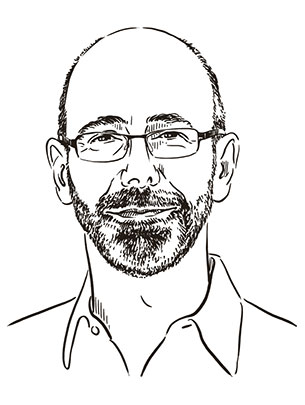 Dossier
Dossier“Different people make different decisions.”
Interview: Christoph Dieffenbacher / Research into human decision-making brings together the fields of psychology and economics. One of the first researchers to study this topic intensively at the University of Basel is Professor Jörg Rieskamp.
-
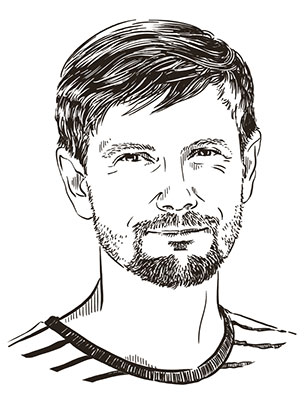 Dossier
DossierHow our memory can trick us.
Text: Martin Hicklin / When we have to make a choice, we often select the options that trigger the strongest memories. One reason for this is that weak memories tend to make us feel uncertain.
-
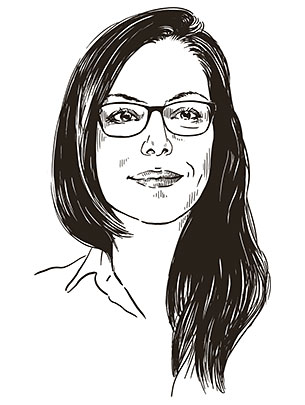 Dossier
Dossier“Risk can be positive, too.”
Interview: Andreas W. Schmid / What determines our willingness to take risks? Cognitive psychologist Jana Jarecki tackles this question in her research at the University of Basel. Her studies show that risk is generally not an end in itself, but rather a means to the end of satisfying certain needs.
-
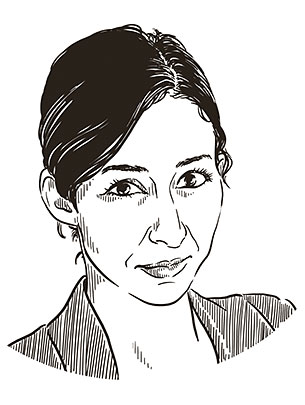 Dossier
DossierIf children held the purse strings.
Text: Christoph Dieffenbacher / Investments are not always made in an entirely rational manner. However, an experiment by an economist at the University of Basel shows that children already have the capacity to evaluate simple probabilities.
-
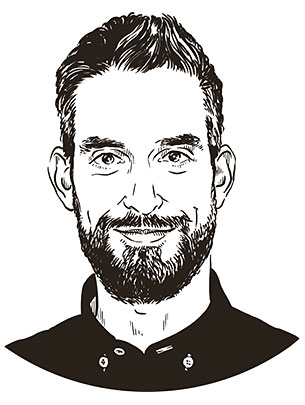 Dossier
DossierOnce a risk-taker, always a risk-taker.
Text: Christoph Dieffenbacher / It is well known that some people are more inclined to engage in hazardous or risky behavior than others. Individual attitudes in this regard, however, seem to follow a clear pattern over the course of a lifetime – in a similar manner to intelligence. Psychologists in Basel are investigating how people’s attitudes to risk are formed.
-
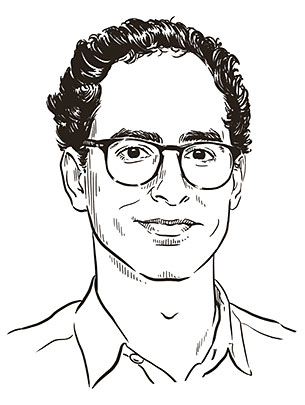 Dossier
DossierOn gut feelings and financial decisions.
Text: Yvonne Vahlensieck / As much as we’d like to think that we make economic decisions rationally, that’s not always the case. It’s becoming increasingly clear that our emotions also play a major role.
-
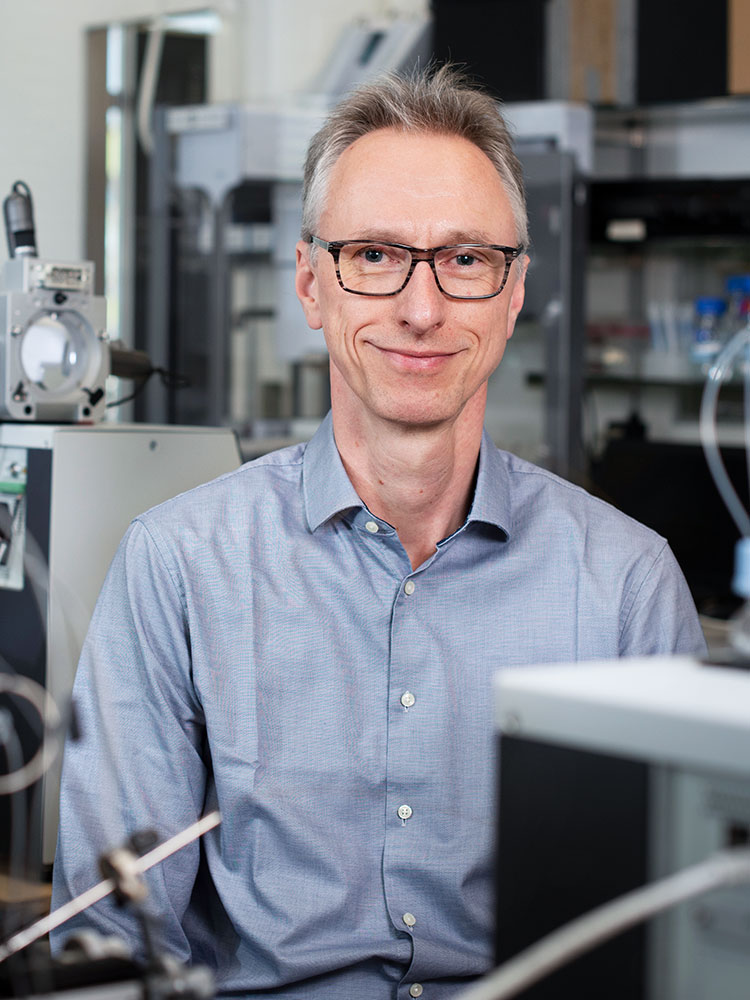 In conversation
In conversation“Without effective antibiotics, we’ll lose the advances made by modern medicine.”
Interview: Urs Hafner / Christoph Dehio from the University of Basel’s Biozentrum heads the National Center of Competence in Research (NCCR) AntiResist. The microbiologist argues for a paradigm shift in antibiotic research, the aim being to make the development of new drugs that overcome antibiotic resistance easier through a better understanding of the physiology of bacteria in humans.
-
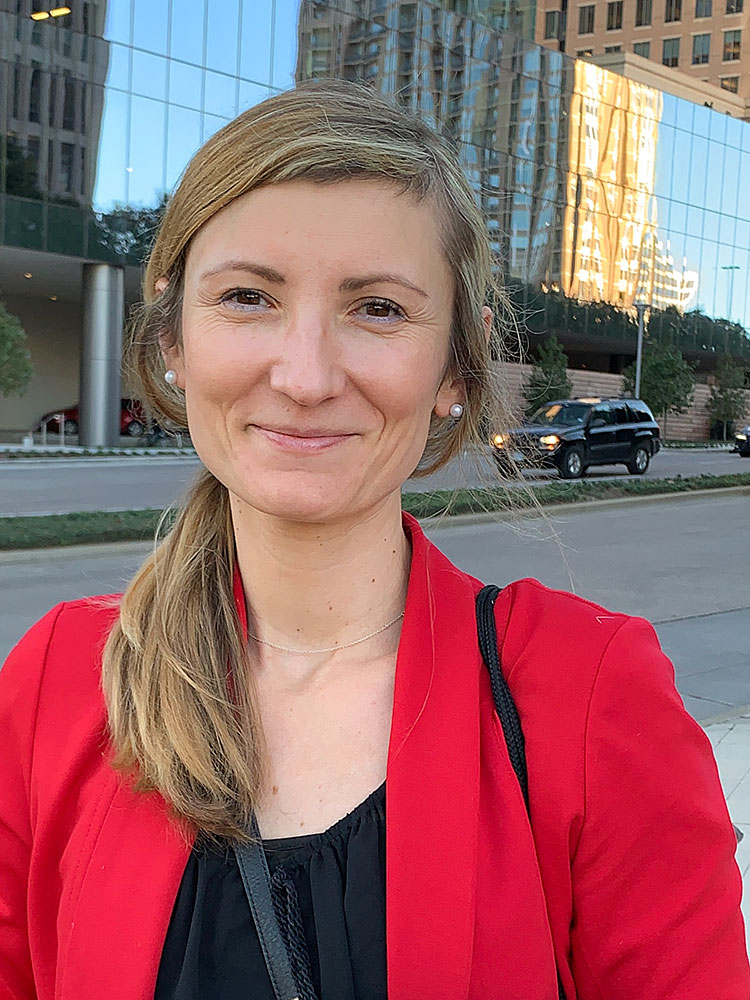 Portrait
Portrait“A supercomputer is like a family.”
Text: Iris Mickein / High-performance computers have revolutionized science and industry. Computer scientist Professor Florina Ciorba looks at ways of optimizing the interactions between machines. In her work, she also encounters numerous parallels with the real world.
-
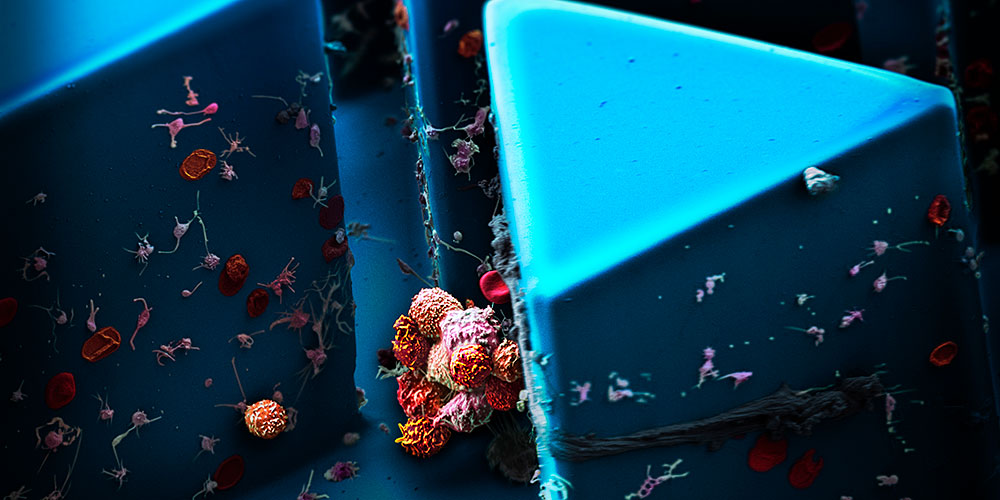 Research
ResearchTracking metastasis.
Text: Yvonne Vahlensieck / When cancer cells break away from tumors and enter the bloodstream, they can develop into metastases. Researchers at the Department of Biomedicine are investigating precisely how this process works – and developing new concepts for cancer treatment.
-
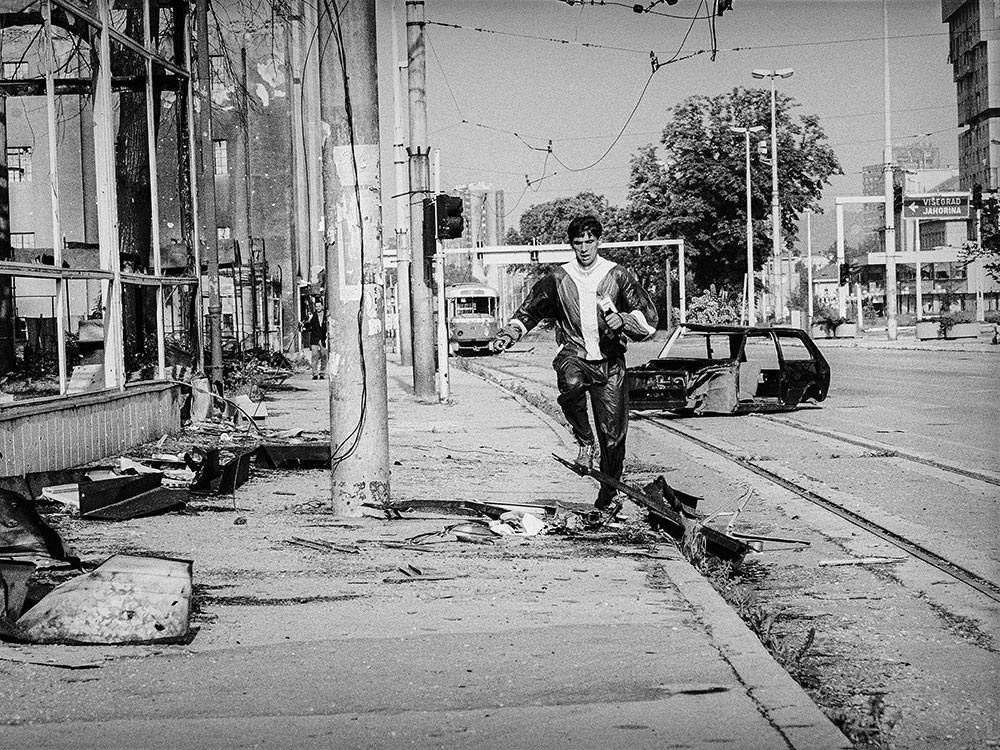 Research
ResearchImages of war.
Text: Michelle Isler / Bridges in ruins, empty streets, people running: A Basel historian asked herself whether photographs from the Bosnian war (1992–1995) share a common visual language. Her findings are revealing.
-
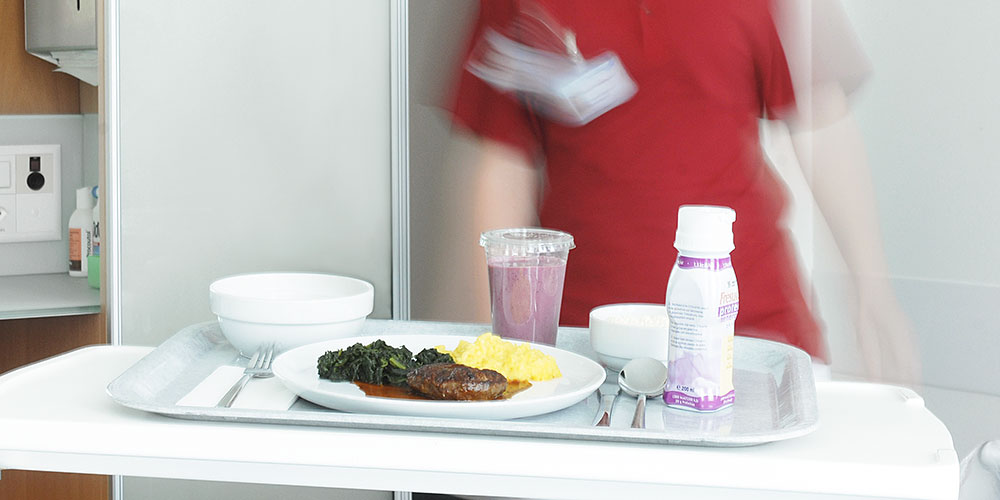 Research
ResearchWhen fever shuts down the appetite.
Text: Michelle Isler / The negative impact of malnutrition on the course of an illness has been well known in hospitals for a long time. Yet surprisingly few scientific studies have examined the effects of nutritional medicine to date. A recent survey of 2,000 patients is among the first of its kind.
-
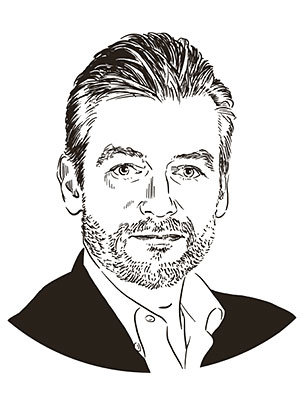 Opinion
OpinionShould complementary medicine be the subject of research just like other disciplines, Christoph Meier?
Text: Christoph R. Meier / How should university research approach complementary medicine? A debate between a pharmacist and a physician.
-
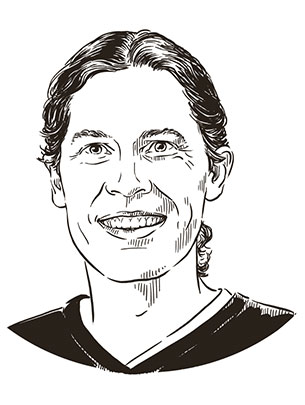 Opinion
OpinionShould complementary medicine be the subject of research just like other disciplines,
Text: Philipp Treutlein / How should university research approach complementary medicine? A debate between a pharmacist and a physician.
-
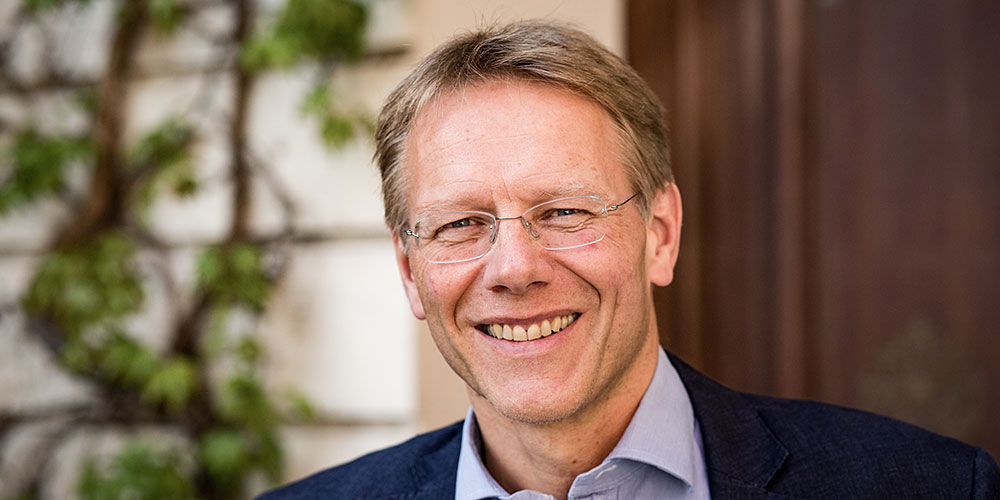 Alumni
AlumniAn ambassador for German scholarship.
Thomas Maissen studied history, Latin and philosophy at the University of Basel. Today, he is the Director of the German Historical Institute in Paris.
-
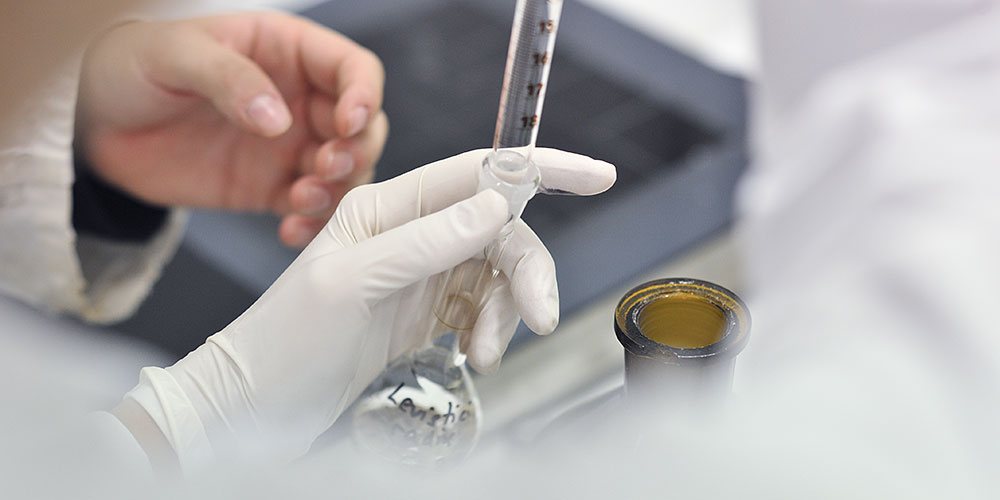 Alumni
AlumniLaunch of AlumniPharmazie.
Text: Bettina Volz-Tobler / AlumniPharmazie, a new specialist alumni organization that is long overdue, will be launched at the alumni general assembly in June 2020. This process has been driven by the executive board of the Basel Pharmaceutical Society (Pharmazeutische Gesellschaft Basel), which has been around for almost 100 years.
-
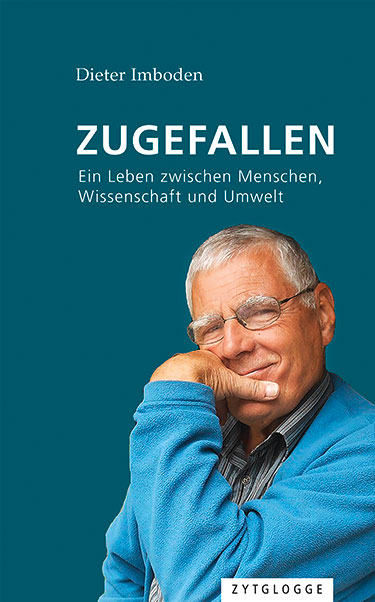 Alumni
AlumniThe memoirs of Dieter Imboden.
Dieter Imboden, an environmental researcher and political scientist who spent much of his childhood in Basel, is a past winner of the Alumni Award. He recently published his autobiography.

